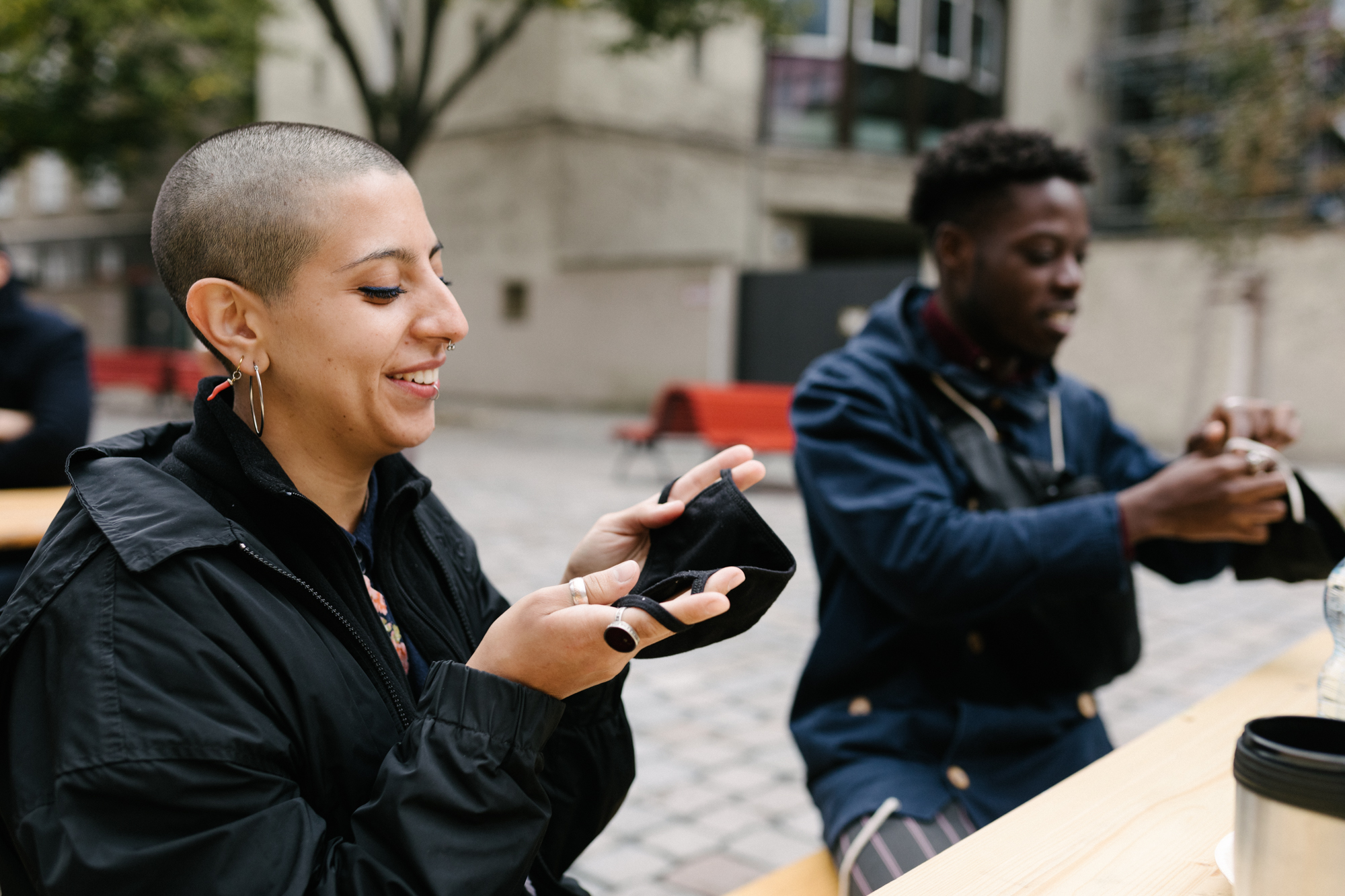
Post pandemic poly problems
I specialize in non-monogamous relationships. One thing has popped up repeatedly in the last few months, is what I call post pandemic poly problems. It goes something like this: The couple started dating pre-pandemic and had a lot of fun. One of them was very clear about their polyamorous stance and the other one was intrigued. Over the course of the pandemic all secondary relationships went away, sometimes one of them lost their job or couldn’t leave the country and they ended up as a living-in monogamous couple by practice.
Come what feels like the end of the pandemic to many, and the poly person wants to follow through on a part of their identity that has been suppressed over two years. The other person panics. And they come see me.
What happened?
By living together closely and comforting each other through what can feel like some sort of apocalyptic global landscape, they formed a bond that goes beyond what they agreed on initially. The less poly inclined person felt safe enough to deeply connect and the more poly inclined person reciprocates, sometimes assuming other times will surely come.
This way they tap into some of the more ambivalent hallmarks of monogamy: Not explicitly discussing attachment styles, not being confronted with jealousy and insecurities, giving each other distinguished roles, unconsciously establishing rhythms and routines, getting used to having each other around and forming more of an oxytocin-based and less of an adrenaline-based attachment. Now following through with the open relationship is almost like opening a monogamous relationship. It can be terrifying. Here are seven of the main issues and how to deal with them:
1. Post pandemic poly problems make you feel like you’ve been missing out
Feeling like you have been missing out for years creates pressure. Now finally you see a chance to follow through with your desire for an open relationship. If this is you, be sure not to jump to action too aggressively. If you feel like you absolutely have to take a certain step, it is always good to slow down and make sure to create some room for choice. Having multiple options rather than one that isn’t negotiable will also be reassuring for your partner.
2. Feeling like the other person is throwing the relationship away
If your partner suddenly pushes toward dating others, this can feel like they are less invested in the relationship with you or even carelessly throwing it away. Learn how each of you expresses love and feels loved (love languages, tokens of commitment). Experiment with hierarchical language (e.g.: I want to be the only one in this way), as it can be most accurate in describing your situation and questions. Make sure to get a clear understanding of who you are in the other person’s life and who they envision you to be in the future. Finally, while they may strongly prioritize you, you may only feel safe if they express love in a way that you understand.
3. Post pandemic poly problems make you feel caged
If you feel caged by your partner’s roadblocks on your way to an open relationship this can tell you something about your attachment style. While they may be holding on to you in a way that is limiting, there may also be a reason this terrifies you so much. Check in with yourself to reflect on commitment issues or anxieties making you terrified of tying yourself down. The healthiest non-monogamous relationships I know include very strong ties and dedication. If part of you always has one foot out the door now may be a good time to look at that aspect.
4. Post pandemic poly problems may show your lack of experience
Part of the problem can be a lack of experience. You may be intrigued by some form of non-monogamy but have little to no experience living it. It is easiest to make these experiences while dating and not after factually being monogamous for extended periods of time. If one or both of you are new to the game and have a hard time anticipating how this will impact you and your partner, it is a good idea to be as gentle as possible in opening your relationship.
5. Feeling fundamentally unsafe or abandoned
If you feel deeply unsafe or abandoned when discussing non-monogamy, ask yourself if you may have an anxious attachment style. If so, you may tend to choose partners who are emotionally unavailable and repeat your rejection experience. You may also get clingy, and the fact that your partner seemed to settle in with you felt like you had finally been rescued and chosen. If your partner is now driving toward nonmonogamy this will feel like they are pulling back and awaken your abandonment issues. If this is you, you and your partner will probably need support navigating this because chances are that they, too, have attachment issues.
6. Feeling like there is no room for you
Post pandemic poly problems can show symbiotic tendencies. Sometimes both partners say they cannot truly be themselves with the other. In this case it is a good idea to look at the shared identity and the routines that have developed. Feeling like there is no room for yourselves in the relationship hints toward some level of mutual dependency or symbiosis. This can also be healthy if it isn’t suffocating one or both of you.
7. Feeling like you have to break up
When they first come to me, couples in this situation often feel like they need to break up yesterday. Sometimes part of this urge to separate stems from looking at their monogamous murkiness from a poly perspective, which can give a frustrating first impression. The feeling that you have to leave asap often fades once the air is cleared, and everybody gets some room to breathe and find some possible avenues for growth. That way, post pandemic poly problems can become productive.
We’re discussing post pandemic poly problems in my podcast:
https://complicated.life/en/find-a-therapist/berlin/uta-rothermel



